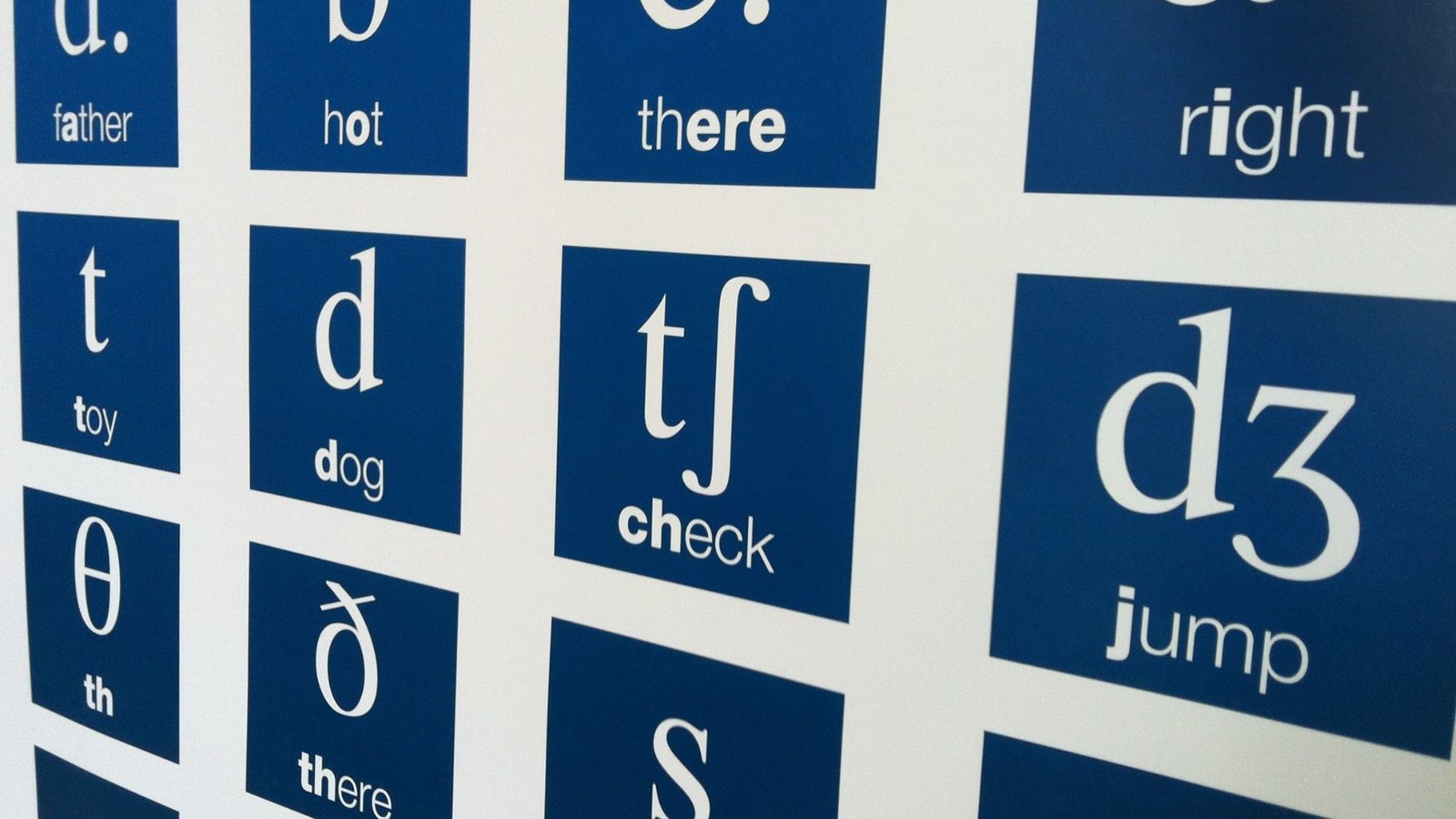EFL教师的英语 (ELT)
第一语言不是英语的EFL教师的英语。
英语教学中的持续专业发展(CPD)模块,每个模块持续10小时。
本网页有意只以英文呈现。
Background to English Language Teaching or Britain
24 Independent modules of 10 hours each
Online, in-person or during a weekend break.
The English Language Teaching scene in your own country
8 INDEPENDENT MODULES OF 10 HOURS EACH
Online, in-person or during a weekend break.
Remedial English for non-native teachers of English
8 INDEPENDENT MODULES OF 10 HOURS EACH
Online, in-person or during a weekend break.
Education for English Language Teaching
32 Independent modules of 10 hours each
Online, in-person or during a weekend break.
Training for English Language Teaching
36 INDEPENDENT MODULES OF 10 HOURS EACH
Online, in-person or during a weekend break.
Management of English Language Teaching
12 INDEPENDENT MODULES OF 10 HOURS EACH
Online, in-person or during a weekend break.
CHOOSE US
Key Characteristics of ELT-CPDFI Modules:
Off-the-shelf only
British Teachers
In addition to being qualified educators, our teachers also have experience in industry, commerce and academia.
Fully-interactive
There is interaction with the teacher and other learners. Feedback webinars are interactive and there is personalised marking of written texts. Our definitions can be read here.
Number of Levels
2 levels: 5=Post-Intermediate and 7=Proficient.
Duration of each module
10 hours each module. There are 120 independent short courses (modules).
Not tailor-made modules
These ELT-CPDFI courses (modules) are off-the-shelf. Tailor-made ELT-CPDFI modules are available by special arrangement only.
Minimum age for entry
Eighteen (18).
Minimum level of EFL ability for entry
Level 4 in EFL. ELT programmes commence at Level 5.
Online delivery as standard
2 hpw x 5 weeks.
Option of in-person tuition
However, a dislocation charge may be applied.
Option of tuition on a short break
5 hpd x 2 days on a weekend break at a facility in the learners’ own countries. Regular sessions are held in most countries.
No guarantee of success in external examinations
Modules on ELT topics (ELT-CPDFI) can only be used in a developmental way, to improve the knowledge and practice needed in teaching EFL to non-natives.
ELT CPD MODULES
120 Off-the-shelf modules

INDEPENDENT ELT CPD MODULES
24 INDEPENDENT MODULES TO BACKGROUND ON ELT OR BRITAIN
| ISB01 | History of the English Language |
| ISB02 | History of English Language Teaching (ELT) |
| ISB03 | Role and Purpose of English Language Teaching |
| ISB04 | Culture in English Language Teaching |
| ISB05 | Linguistic Imperialism |
| ISB06 | British Culture (Art, Music & Literature) |
| ISB07 | British Heritage |
| ISB08 | British History |
| ISB09 | British Landscape & Architecture |
| ISB10 | Historical & Contemporary London |
| ISB11 | Great British Writers |
| ISB12 | The British Media |
| ISB13 | British Lifestyles |
| ISB14 | The British People – Overseas Perceptions and Home Realities |
| ISB15 | British Colloquialisms, Idioms & Slang |
| ISB16 | British Regional Characteristics and Accents |
| ISB17 | British Humour & Character |
| ISB18 | British Food & Pubs |
| ISB19 | British Parliament and Legal System |
| ISB20 | The British Royal Family & The Aristocracy |
| ISB21 | The British Educational System – Past & Present |
| ISB22 | Is Britain still “Great”? |
| ISB23 | Applying to and Studying at a British University |
| ISB24 | Doing Business with English People |
32 INDEPENDENT MODULES IN EDUCATION IN ELT
| ISE01 | Overview of Linguistics |
| ISE02 | Overview of Applied Linguistics |
| ISE03 | Overview of Second Language Learning Theories (Psycholinguistics) |
| ISE04 | Overview of Theories of Language Use (Sociolinguistics) |
| ISE05 | Overview of Second Language Pedagogy (Educational Linguistics) |
| ISE06 | National Language Policies & Curriculum Development |
| ISE07 | Institutional Curriculum Development |
| ISE08 | Institutional Syllabus Design |
| ISE09 | Institutional Course Direction |
| ISE10 | Institutional Materials Development |
| ISE11 | Materials Evaluation & Selection |
| ISE12 | Recipe for a Successful Language Programme |
| ISE13 | Approaches, Methods & Techniques in ELT |
| ISE14 | Communicative Approach to Language Teaching |
| ISE15 | Developing a Methodology |
| ISE16 | Being a Non-native Teacher of EFL |
| ISE17 | English Phonology / Phonemics |
| ISE18 | Language Learning Motivations |
| ISE19 | Learning Styles & Strategies |
| ISE20 | Developing Good English Language Learners |
| ISE21 | Analysis of Teaching Models |
| ISE22 | Teaching Techniques & Activities |
| ISE23 | The Role of Communicative Activities |
| ISE24 | Computer-assisted Language Learning & Multi-media in ELT |
| ISE25 | Managing the Classroom |
| ISE26 | Student-Teacher Roles & interaction |
| ISE27 | Principles of Testing & Evaluating |
| ISE28 | Discourse Analysis & Pragmatics for Teachers |
| ISE29 | Distance Learning in ELT |
| ISE30 | Idioms & Language Learning |
| ISE31 | Bilingualism & Bilingual Education |
| ISE32 | Second Language Research Methodology |

INDEPENDENT ELT CPD MODULES
8 INDEPENDENT MODULES ON ELT IN YOUR OWN COUNTRY
| ISO01 | National Second-Language Policy in Your Country |
| ISO02 | The ELT Scene in Your Country |
| ISO03 | Typical Language Errors of Learners of EFL in Your Country |
| ISO04 | Phonetics & Phonology for Teachers of EFL in Your Country |
| ISO05 | Developing Good EFL Learners in Your Country |
| ISO06 | Teaching EFL for University Entrance in Your Country |
| ISO07 | Finding Employment in the ELT Marketplace in Your Country |
| ISO08 | Contemporary Issues & Future Directions in the ELT Scene in Your Country |
8 INDEPENDENT MODULES IN REMEDIAL ENGLISH FOR NON-NATIVE TEACHERS OF EFL
| ISR01 | Remedial Pronunciation |
| ISR02 | Remedial Grammar |
| ISR03 | Skills & Sub-skills Development |
| ISR04 | Remedial Phrasal verbs |
| ISR05 | Remedial Articles & Prepositions |
| ISR06 | Remedial Speech Functions |
| ISR07 | Developing Assertiveness & Confidence |
| ISR08 | Classroom Language for Non-native Teachers of EFL |
12 INDEPENDENT ELT CPD MODULES ON ELT MANAGEMENT
| ISM01 | Setting up your own School of English |
| ISM02 | Curriculum & Syllabus Design |
| ISM03 | School Information & Reporting Systems |
| ISM04 | Resourcing & Equipping your School |
| ISM05 | Recruiting Academic Staff |
| ISM06 | Staff Management, Appraisal & development |
| ISM07 | Managing the Curriculum |
| ISM08 | Acting as an Examination Centre |
| ISM09 | Operational Management & Review |
| ISM10 | Devising Competitive Strategies |
| ISM11 | Growth Strategies |
| ISM12 | Change Management |
36 INDEPENDENT MODULES IN TRAINING IN ELT
| IST01 | Drafting Lesson Plans & Timetabling |
| IST02 | Presentation of Language |
| IST03 | Practice of Language |
| IST04 | Production of Language |
| IST05 | How to Teach Speaking & Writing |
| IST06 | How to Teach Reading & Listening |
| IST07 | How to Teach English Literature |
| IST08 | How to Teach Vocabulary |
| IST09 | How to Teach Phrasal Verbs |
| IST10 | How to Teach Pronunciation (British English) |
| IST11 | How to Teach Grammar / Structures |
| IST12 | Teaching Discourse |
| IST13 | Teaching with & Using the Phonemic Chart |
| IST14 | Teaching Business English |
| IST15 | Teaching English for Specific Purposes |
| IST16 | Teaching Individual Students |
| IST17 | Teaching Examination Classes |
| IST18 | Analysis of International Examinations in the English Language |
| IST19 | Teaching Nursery Children |
| IST20 | Teaching Primary Children |
| IST21 | Teaching Adolescents / Teenagers |
| IST22 | Teaching on Holiday Courses |
| IST23 | Teaching Monolingual Classes |
| IST24 | Techniques for Communication |
| IST25 | Designing, Implementing, Managing & Evaluating Activities |
| IST26 | Using Games in Activities |
| IST27 | Using Role Plays / Drama in Activities |
| IST28 | Using Songs in Activities |
| IST29 | Using Teaching Aids |
| IST30 | Managing Student Groupings |
| IST31 | Managing Disruptive Behaviour |
| IST32 | Managing Large Classes |
| IST33 | Managing Mixed Ability Classes |
| IST34 | Assessing Ability Levels |
| IST35 | Administering Tests |
| IST36 | How to Treat Mistakes & Errors |
ALL ELT CPD MODULES ARE OFF-THE-PEG
Contact us if your needs are not covered by our off-the-peg modules above. We can provide a bespoke solution to your ELT learning and development needs.
Most current or aspiring non-native teachers of EFL will find that the 120 ready-made ELT CPD modules above, cover almost every aspect of becoming a more effective non-native teacher of EFL.
However, should you or your teaching establishment have a need that is not covered by the 120 off-the-shelf modules, please contact us for a tailor-made or bespoke ELT programme.
ELT FAQs
What are the areas of professional development most sought by non-native teachers of EFL?
There are a number of popular topics. Communicative competence or fluency in English is not easy to achieve. Whilst English grammar is easier than some other languages, it has the largest vocabulary and presents challenges in pronunciation, idioms, phrasal verbs, expressions and situational language.
Which region of England has the most desirable accent?
All our educators have Received Pronunciation (RP) as their accent. For those who are not familiar with British accents, RP is associated with social and educational factors, as well as being strongly connected with the accent of Southern England. Only 3% of English people are estimated to have the RP accent, yet RP is the most widely-studied and most frequently-described variety of spoken English in the world. RP is also the accent on which phonemic transcriptions in dictionaries are based. RP avoids non-standard grammatical constructions as well as localised vocabulary of regional dialects.
Do you offer accent-reduction programmes?
Yes, but accent-reduction programmes must be taken as private lessons, as they are based on individual needs. For a group course, please refer to EFL Topic Module EFL-TFI/TOP1 (Phonetics, Phonology & Pronunciation). The target accent will be RP – which is the accent on which phonemic transcriptions in dictionaries are based. RP avoids non-standard grammatical constructions as well as localised vocabulary of regional dialects.
What is the difference between a ready-made course and a tailor-made course?
A ready-made course (also called an off-the-shelf course), is a mature course that we have developed over 39 years and produces the best results for most students in the shortest possible time.
A tailor-made course (also called a bespoke course), is a course that is designed for a specified or ad-hoc need. Such courses are designed by us for organisations and learners with specific goals or time constraints.








